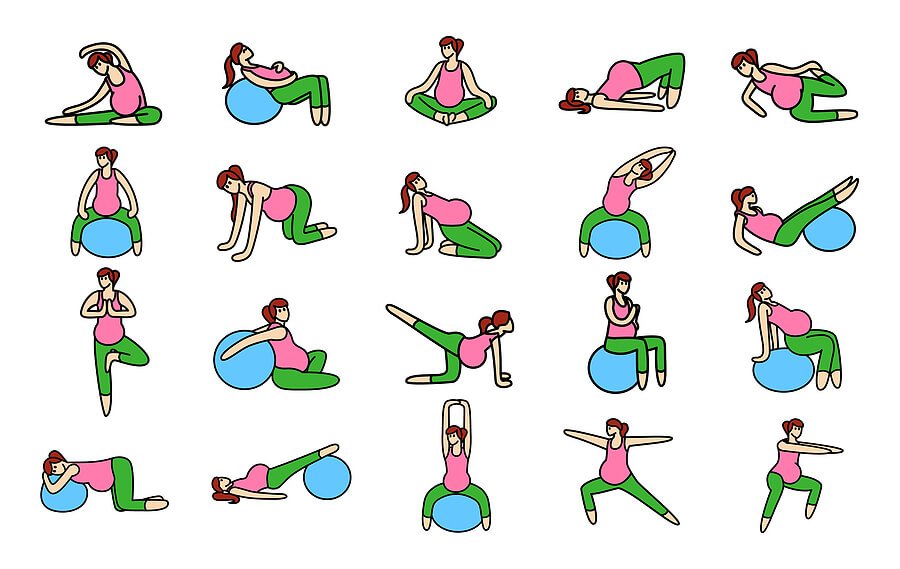Postnatal physiotherapy exercise is an important part of the postnatal recovery process. It can help to improve your recovery time, reduce discomfort and improve your overall well-being.
How to start pre and post-natal exercises
Start your pre and post-natal exercises gradually. Drink plenty of water and aim to do some sort of activity every day. If you had a cesarean section, check with your GP before starting any exercise.
Start by doing some gentle pelvic floor muscle exercises. These will help to support your pelvic floor and reduce the risk of incontinence.
To do a pelvic floor muscle exercise:
- Squeeze your pelvic floor muscles as if you are stopping the flow of urine.
- Hold the squeeze for 5 seconds.
- Relax the muscles for 5 seconds.
- Repeat 10 times.
Try to do this exercise 3 times a day. As your muscles get stronger, increase the number of squeezes and the length of time you hold them for.
After a few weeks, you can start to do some simple cardiovascular exercises such as walking or swimming. Start with 10 minutes and gradually build up to 30 minutes.
It is important to listen to your body and not overdo it. If you start to feel pain, stop the exercise and seek advice from your GP or physiotherapist.

What to expect from post-natal physiotherapy exercise
It is common to experience some degree of discomfort and pain in your muscles and joints after giving birth. This is due to the sudden change in your body’s center of gravity and the added stress on your body from carrying a baby. Postnatal physiotherapy can help you to regain your strength and flexibility and get your body back to its pre-pregnancy state.
Your physiotherapist will design a tailored program of exercises for you, based on your individual needs. They will take into account any injuries or health conditions you have, as well as your fitness level. The aim of the exercises is to improve your core stability, pelvic floor muscle strength, and posture.
You can expect to start with some simple exercises, such as pelvic tilts and lying on your back, and bringing your knees up to your chest. As your strength and fitness improve, you will progress to more challenging exercises, such as planks and squats.
It is important to listen to your body and only do as much as you feel comfortable with. If you experience any pain during the exercises, stop and tell your physiotherapist.
Regular exercise is an important part of maintaining a healthy lifestyle, and postnatal physiotherapy can help you to get back into exercise.
